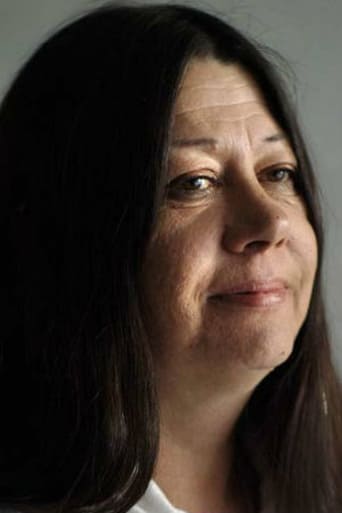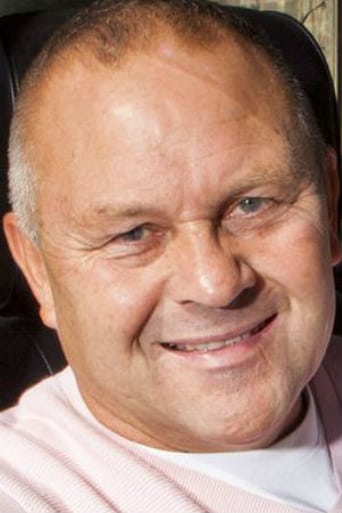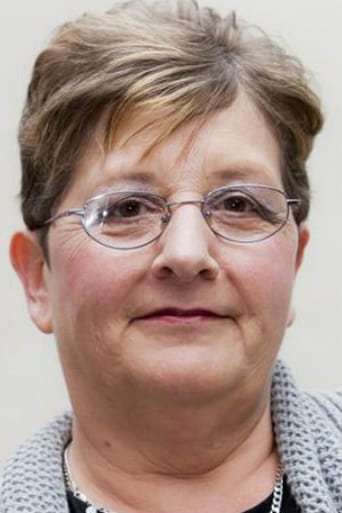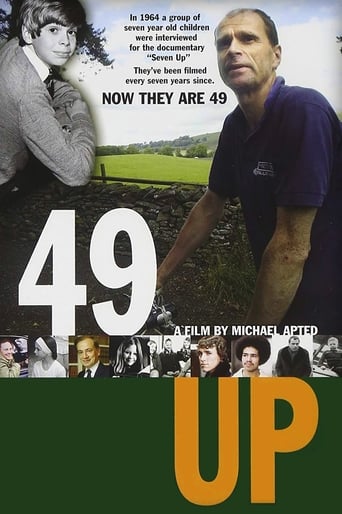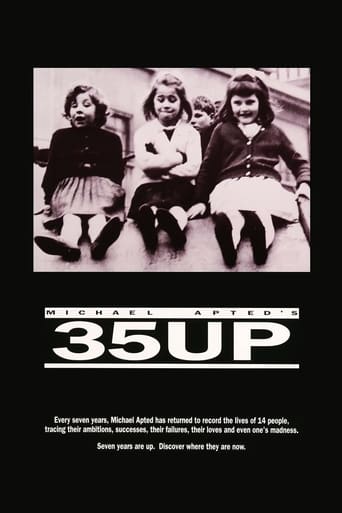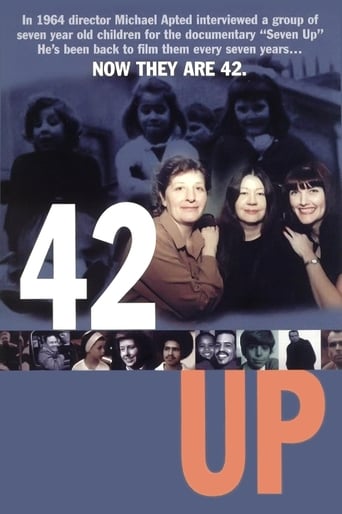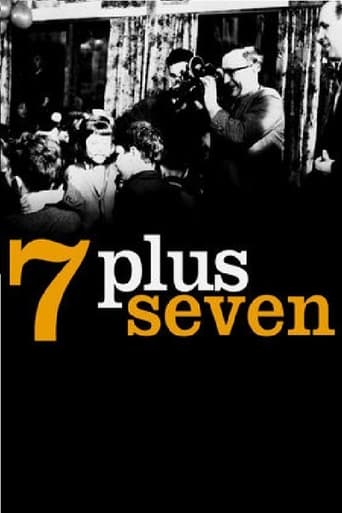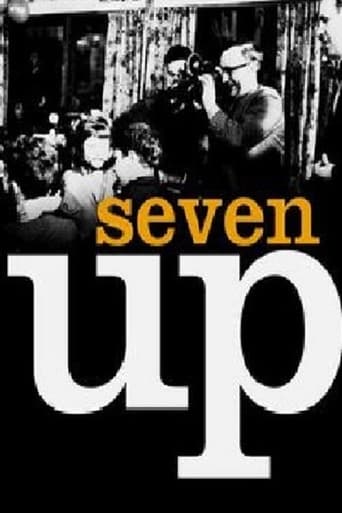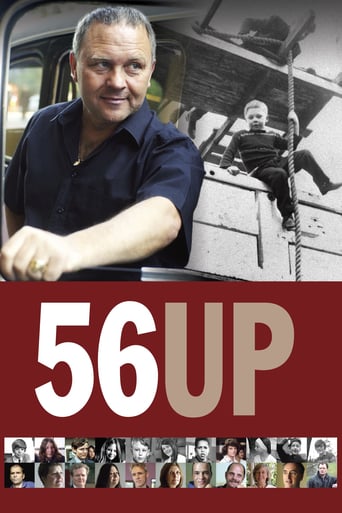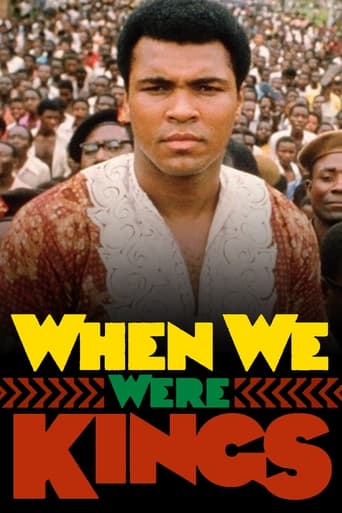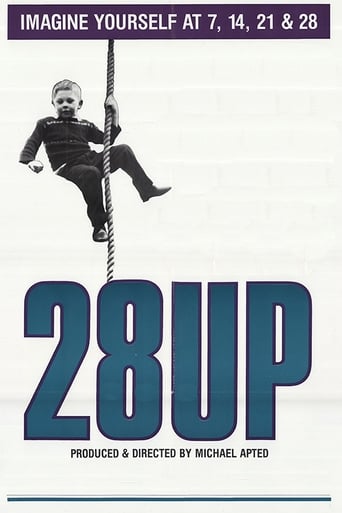
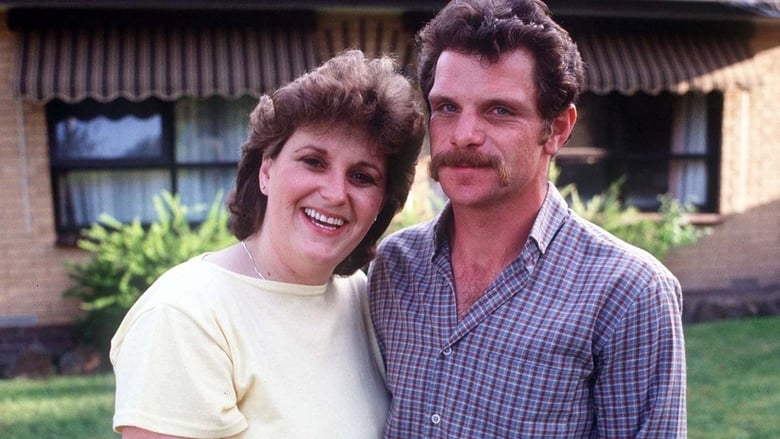
28 Up (1984)
Just two years away from turning 30, participants in Michael Apted's documentary series are facing serious questions of identity and purpose, wondering whether they've found their place in the world.
Watch Trailer
Cast


Similar titles
Reviews
I can't stop being amazed at how riveting these "Up" documentaries are. Once again, without any music, dramatization tricks or cinematic effects, only real people talking about life and love, the film can be as captivating as any drama or adventure. It IS an adventure to some degree, with life as a backdrop and adversity as a natural antagonist.And there was an interesting statement made by Neil, perhaps the most troubled and fascinating subject, he said that he envisioned God as an old Testament figure, sometimes "benevolent", sometimes "needlessly unkind", always "unpredictable". I said about Neil that he always seemed to provide overviews proved by the others' experiences. In this case, it is true because basically, you can see how destiny was benevolent to most of the "Up" persons, even some I didn't expect.Many of them had found love and marriage, Tony; the ex-jockey has been driving cabs for all these years and has two children, his happy-go-lucky nature and the many encounters with people from different classes allowed him to broaden his mind and soften his heart. Nicholas is a physician in the USA, Paul started a building trade and raised a family in Australia, after going for a road trip across the Bush with his wife. Not all the marriages look happy though, Peter seems to have a rather 'disillusioned' vision and you can't really feel sparkles of love exuding from his wife's words. There's still a lack of contentment.But the real 'miracle' came from Suzie. It's weird but in my previous review, I thought Jackie was going to have a large family and Suzie to be a disenchanted, embittered spinster. But Jackie decided not to have any children (despite an early marriage) and Suzie got married two years after the "21 Up" episode, has two children and is quite happy. Simon is happy too with twice more children, whom he provides a shelter of love and discipline, and perhaps the most valuable thing he always lacked: a parents' presence. And he also kept his job in the meat locker, not the most glamorous occupation, but it makes end meet, he knows everybody and everybody knows him. Why change now?Simon is happy the way he is, and he still doesn't think much about money. According to him, there's nothing that money will buy. Happiness depends on the goals you've set. It's even harder to disagree with him since 28 seems to be the age where everyone has found the meaning to their lives or roots for stability. Sue said that a marriage shouldn't be too early because once you get married, you stop being yourself and start to reason in terms of partnership. But some found their real balance in marriage, and some, like Neil, have hard times even co-existing with themselves. Neil is totally disenchanted and have definitely abandoned any attempt at stability or suburban comfort. His case proves that happiness isn't a matter of grammar or comprehensive school, of being rich or poor, it really depends on your personal goals and the way you grasp from the start who you really are. Sometimes, you've got to know who you are to know what you need, and maybe the real tragedy is not to able to know who you are. This is perhaps the existential dilemma revealed by the film, and that makes it, so far, the most pivotal.Indeed, how can we know exactly who we are. Looking at these kids at the age of 7, or 14, we become like sorcerer's apprentices, trying to establish patterns "this one will struggle", "this one will be happy", But life is unpredictable or for most people. Two of the posh kids didn't want to take part of the interviews, John and Charles. No commentator was surprised a bit by John, Charles was far more interesting fellow, but from the start, John was so overly confident, he knew his future school, job and everything went exactly as planned, he declined to be interviewed at 28, stating that he was fully satisfied and doesn't have much more to say. The boy always seemed so precocious, ahead of time and maybe that's how he ended up succeeding in every project. But for some reason, I wish I would still see him at 35 and check if anything happened to vacillate the edifice of his self-confidence. I doubt he'd live all his life in autopilot mode. But that's how it works, some things we see coming, some surprise us in a pleasant, others in an unpleasant way. And I found myself trying to figure out what will happen to these persons at 35.I keep in mind that they are from my parents' generation, and when I was born, most adults I knew were married with children, no one really questioned his existence, the way we millennials (or some Gen X-ers) did. Watching this, I realized that at the age of 28, although I was longing for professional stability, I also had many dreams about becoming a filmmaker and screenwriter and collected dates before I would find the 'right' one. Seven years after, I realize that I had all it took to be happy butwas too blinded to realize it.And the "Up" series gives you an idea of the belated blinding effects, from little details of your past. You can spot some early hints; the way some kids are overly protected, the lack of love that can work as both a driver or an obstacle. I'm not in a situation I dreamed to be when I was 7, 14 or 21 but I'm still the same guy and whatever actions lead me to that situation were driven by interpretations of life gathered from my past experiences. So how did I end up that way?In fact, that could be the central question of the documentary, like an existential reading of "what happened?"
"Give me the child until he is seven, and I will give you the man." So goes the old proverb, and the proof is in this fascinating documentary, the fourth chapter in an ambitious, ongoing epic of non-fiction filmmaking already two decades in the making at the time.The project began in the middle 1960s as a modest examination of English class divisions in a group of seven-year old children from different social backgrounds, and has been updated every seven years to show their progress through adolescence to young adulthood. Each individual biography resists the pre-determined notions of (specifically English) status and privilege around which the entire cycle of films is based, becoming instead a record of the same, sometimes rocky path to maturity followed by everyone, regardless of upbringing. At age seven every child is carefree and impressionable; at fourteen most are sullen and inhibited, uncomfortable in puberty; at twenty-one they are, by degrees, poised to reach their potential: eager and naive or cynical and confused.And by age 28 their niche in society has been secured, for better or (sadly) for worse. The candid self-analysis, and the range of insight and opinion, makes the film (individually, and as a series) an invaluable document of human growth and development, as well as an irresistible reminder of our own personal destiny.
I got hooked on these. The first one was only mildly interesting, a sort of necessary toll. Everything of interest in it is repeated later, but it was a solid reference for the editions that followed. The next two editions were absolutely captivating.There's something about that period before you become an adult, a time when switches could flip, butterflies can affect. The conceit of the series is that the British class system is deterministic. So the game in the first films is in engaging with these people in support. We send wishes into the ether, attempting to reach across space and time. The don't grow up until we see them and when they are restricted, it is because of constraints we allow.Any failure at this stage, any flaw in character is in part our responsibility. So we experience a blizzard of minor successes and defeats. Each person is a collector of urges, each a measure of a successful or failed society. These two (14 up and 21 up) were engaging films.But by now, these are genuine adults. What errors in formation that could be influenced by our surrogate parenting have already set. Now they are simply beings. The only mildly engaging of these souls is Neil, a bum on the dole. Everyone else is no more now than someone ordinary that you encounter in life, each on their own path, working on narrow futures beyond our control.The major difference is that some have some things to claim over the others. Different things, but each presented in comparison. I wonder if I can stand the investment of what comes next.Following this, you are following Apted as he grows in skill, insight. What he looks for as signs of maturity. I hope he is up to the task. His other films seem to imply that he is one of the failures, that our urges, wishes, prayers didn't reach him.Ted's Evaluation -- 2 of 3: Has some interesting elements.
Michael Apted must be congratulated for having (or perhaps stumbling upon) the vision for this study. Begin with 14 seven year olds in England, film them in a few interesting situations, and follow those same kids as they grow up. Every seven years. Because all of our lives transpire at roughly the same rates, we cannot actually observe children growing up. But this filmed approach is the next best thing.In this film we get to see (most of) the same children at 7, 14, 21 and 28. Just as we saw a great difference from 14 to 21, again we see a great difference from 21 to 28. Having been in the working world for 5 or 6 years, most married and raising families, they no longer look and act like the searchers we saw in earlier films. Except for Neil, who at 7 seemed to be the brightest and most expressive, to a 28-year-old that never knows if he will be homeless the next month. As dramatic, in the opposite direction, was Suzy who went from a disenchanted dropout to a happy wife and mother. Still, in each subject we can identify characteristics that have stayed with them as they grew up.We still see how the "process" has influenced the "product." To a good degree, who they are at 28 is a product of having been in the "UP" series every 7 years, and the internal pressure to be worthy for the world to see them.This and all the others through '42-UP' in 1998 are on the 5-disk DVD set just out. ("49 UP" has been made but is not yet available on DVD.) However, simply seeing the most recent film (42-UP or 49-UP) is pretty good, because each film contains snippets of each of the former ones, allowing us to see how each child developed in 7-year increments.Just a marvelous study of growing up.


